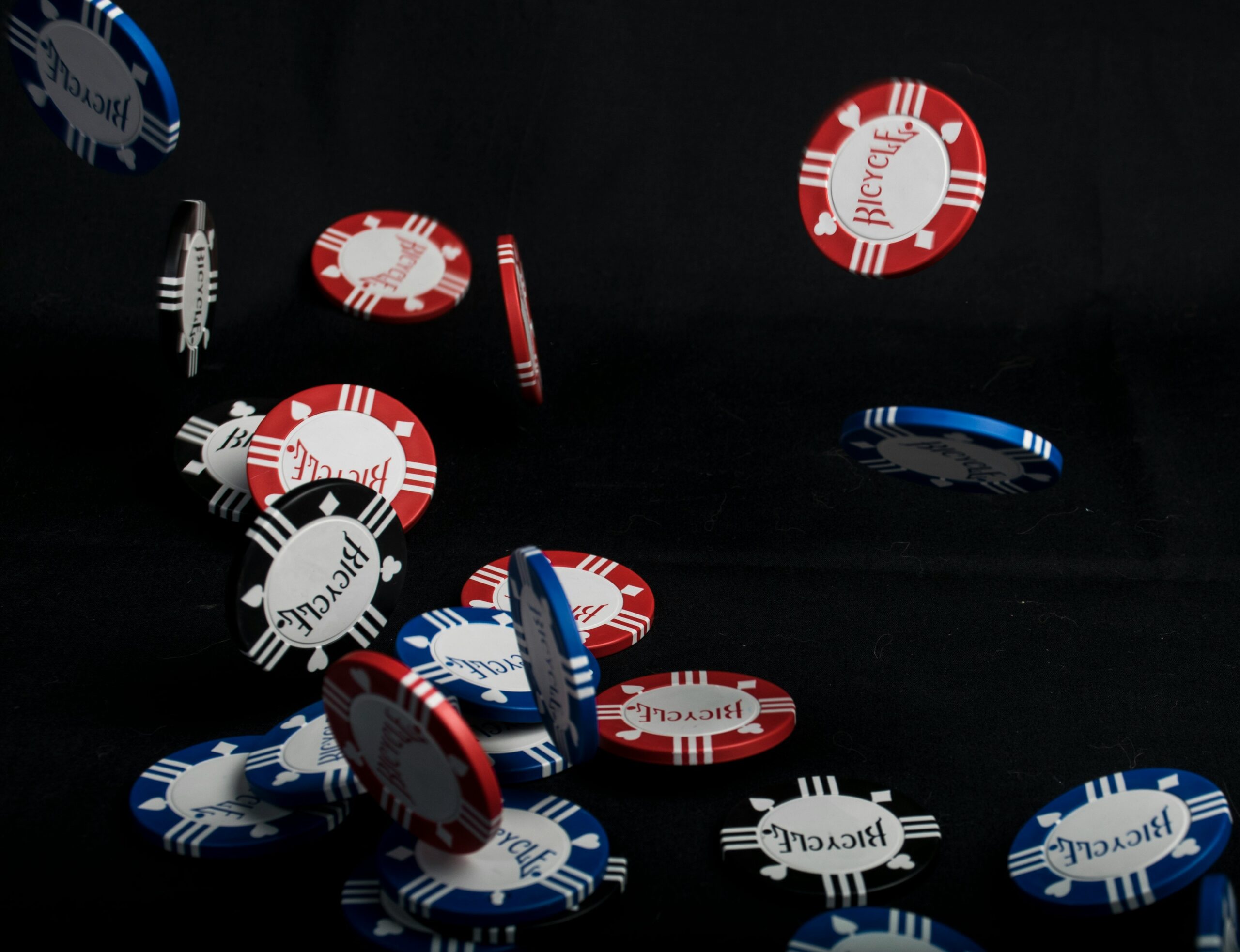

When should you bluff in poker? There are so many different answers to this question, based on so many different things.
And sometimes, especially as a beginner, it can seem either deceptively simple or frustratingly complicated to know when should you bluff in poker.
We're here to make it all a little more simple. With this straightforward guide, you'll soon understand when should you bluff in poker. And when not bluffing (or even pulling out of a bluff) makes way more sense to your game plan.
When your actions don't match the cards you have, you're bluffing. Typically speaking, this is when you have weak hands, but you're acting like they're stronger than they are in order to scare people away from the pot.
But at the same time, you want to maximise your pay out. And make your pattern of behaviour, including your bet sizes and frequency, believable. It's a tricky line to tread. And sometimes more than a little confusing as to know when should you bluff in poker games.
A lot of people who are just starting out in poker think that bluffing is all about disguising tells, making your face go blank and watching what you say. That's what all the cheesiest poker movies try to tell us. And to some extent it is.
But in poker, the way you play and your playing style speaks volumes. And that's what we'd suggest you focus on when you're thinking about when should you bluff in poker and how to do it.
Absolutely. If you play online, bluffing is not at all about body language, but it's about how you play your hands. That makes it an ideal place for beginners to practice bluffs.
If you're looking for somewhere to test out our theories about when should you bluff in poker, we'd recommend bet365. They've got lots of cash games and tournaments at low stake levels and tournament fees, plus if you sign up now you can use this bet365 bonus code.
Absolutely. There's a time and a place for it, sure. But bluffing in a live setting can be thrilling (and can be good for your stack), as long as you do it smartly. So on your next poker getaway, you can for sure try out these moves. But definitely play a few hands online first to get your head around what's involved and get a feel for when should you bluff in poker.
The short answer to this is rarely. But in a targeted way. We'd recommend sitting back for the first half dozen to dozen hands to see how the games play out before you even try to attempt a bluff.
Get to know how your fellow players act and play when they have strong, weak or middling hands.
For beginners especially, it can be good to wait until you're in a late position on the table before you bluff. That way you can see what other players are doing first before you make your move.
The easiest type of bluff is to simply steal blinds by making a mid-sized raise pre-flop, when a lot of others are folding or limping in unenthusiastically (especially if those are loose players).
And if you suspect someone has a mid-way decent hand, you can reel them in and start playing like you've got an amazing hand by the turn. Keep them betting all along, maximise your value and then blow them out of the water at the last available chance.
So the simple answer to the question of “When should you bluff in poker” is when it feels right and when it makes sense to do so. And that's going to become apparent the more experienced you are at the game. Practice makes perfect, after all.
Put simply, no. There's no way to prevent someone from calling your bluff and forcing you into a showdown. It's embarrassing when that happens, but it's bound to at some point.
Use pot odds to determine if your bluff is even worth it. Then you'll know a little better when should you bluff in poker.
The short answer is, often! The more you bluff, the bigger you chances of getting caught out. When you get caught out, players can cotton on to your bluffing methods and it makes it harder to use them in the future.
So do yourself a favour and do it rarely and do it well. The pre-meditated bluff always makes more sense to your game. And even if you've been bluffing really well but you're 99% sure your opponent has a brilliant hand and will play out to the bitter end, don't be afraid to fold.
You've got to be of minimum gambling age in your jurisdiction to play poker. In the UK and Ireland, that minimum age is 18. Always gamble responsibly and visit Be Gamble Aware to find out more on how to do so.

CLICK TO COPY ↑
Welcome Package of Up To €365
Installments: €2.50 – Bonus Expiry: 60 days
Max Bonus: €365
#AD Bonus Referrer Code is an affiliate of the brands we promote throughout this site. While we strive to maintain accuracy throughout our content, we do receive compensation for this promotion.
© 2025 BonusReferrerCode.com – All Rights Reserved
Worried about your gambling? When the fun stops – STOP!